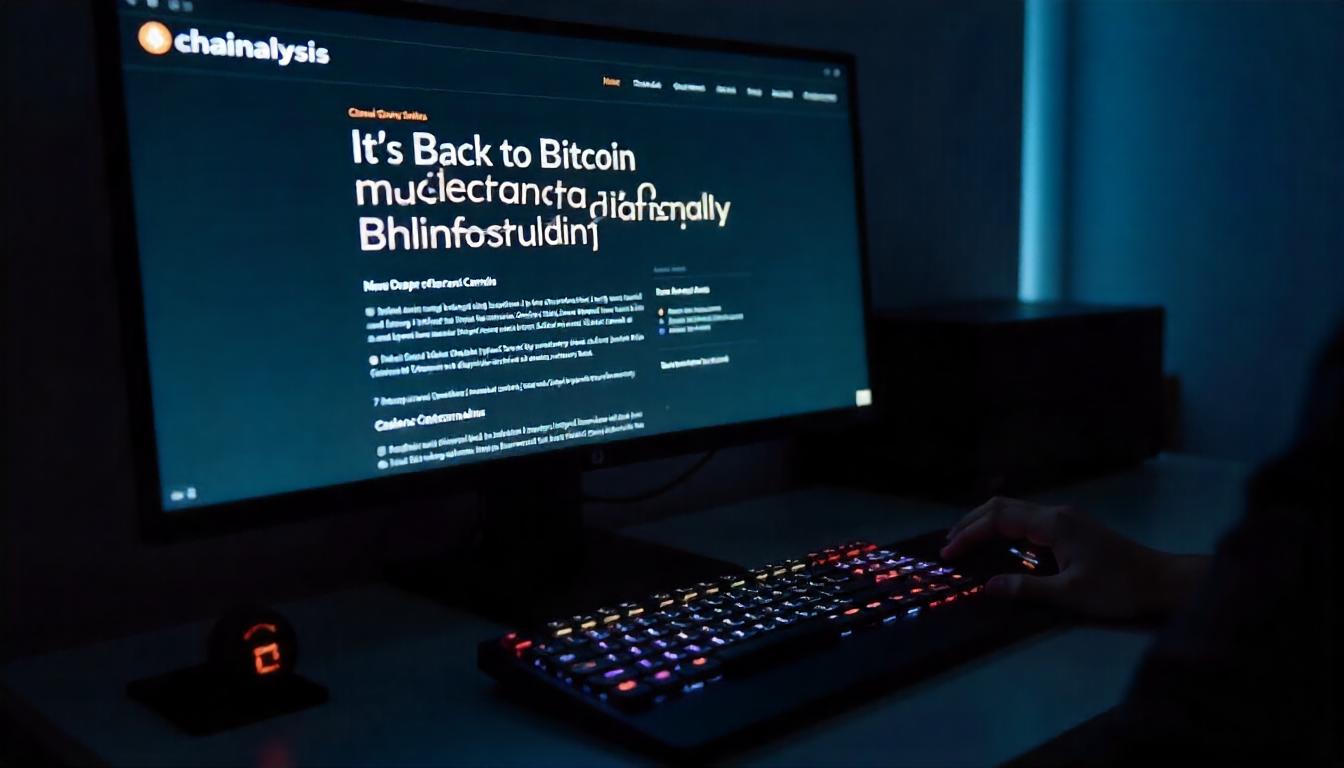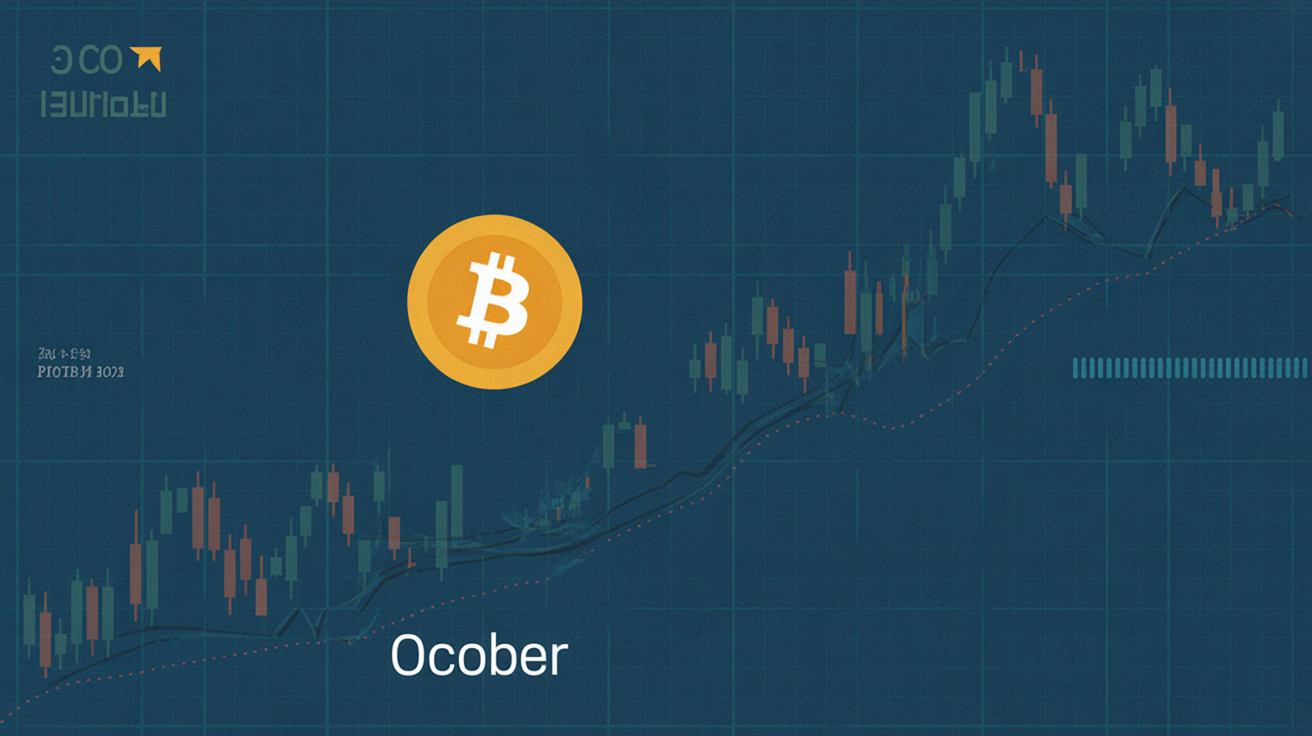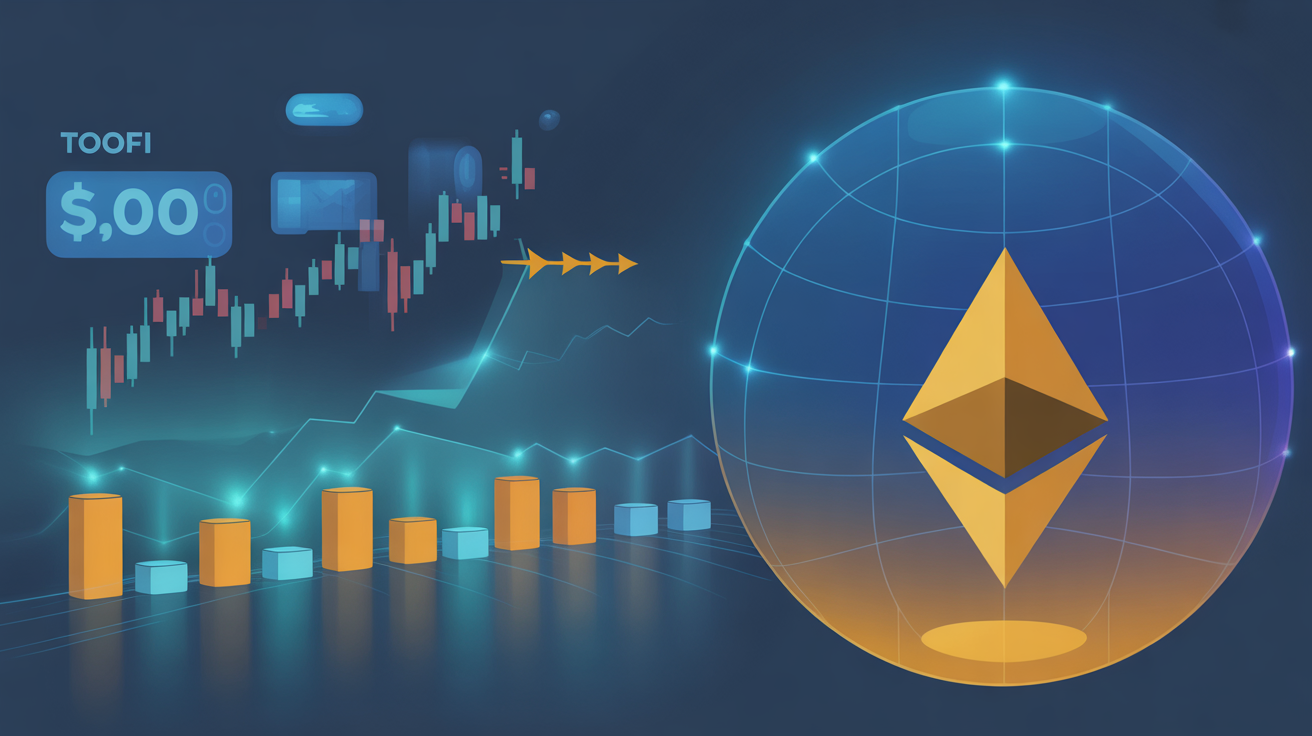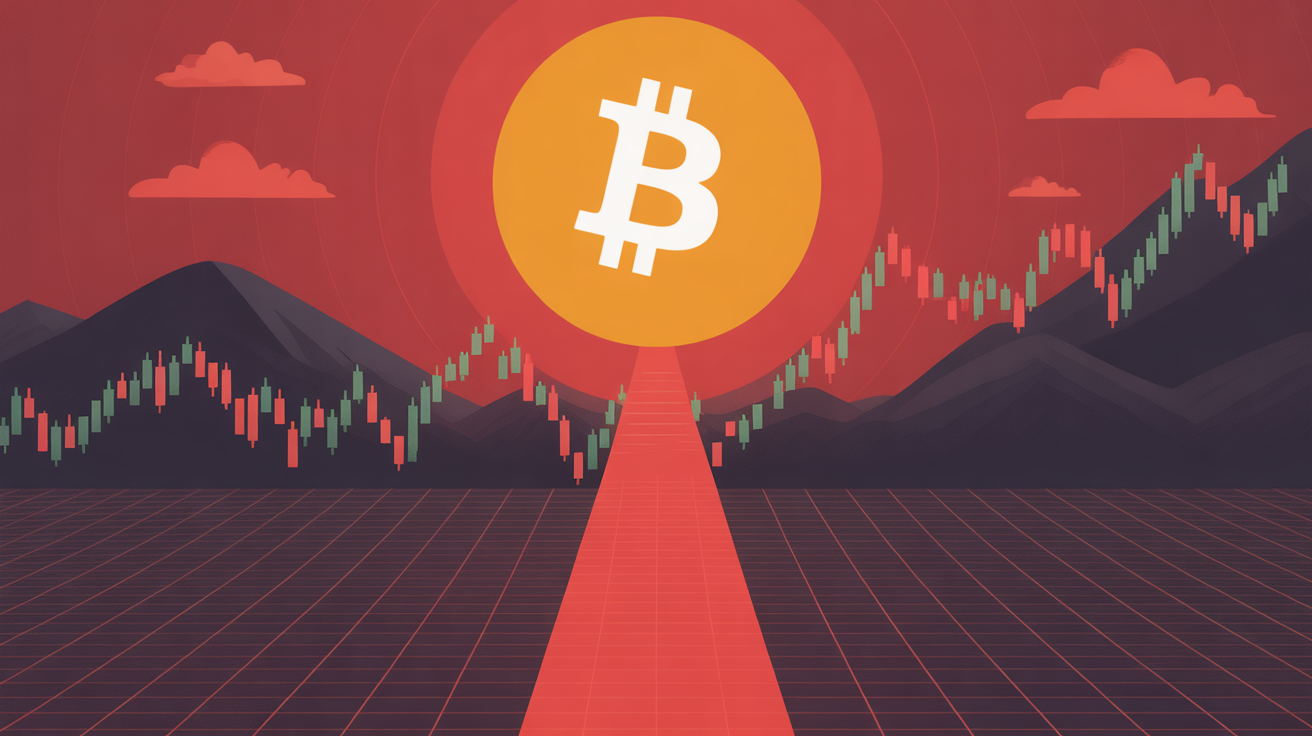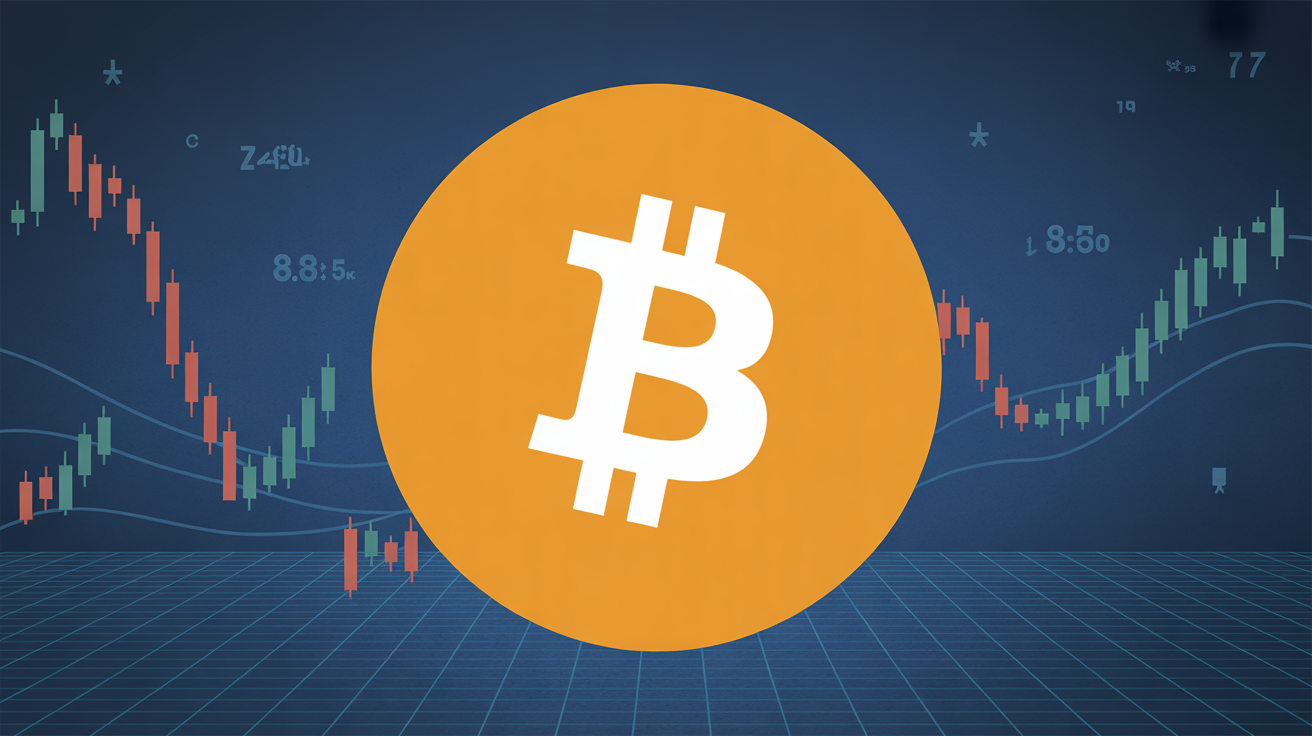Darknet Markets Shift Back to Bitcoin as Privacy Coins Lose Accessibility
As regulatory pressure mounts on privacy-focused cryptocurrencies, darknet markets are increasingly reverting to bitcoin (BTC) for illicit transactions, according to Eric Jardine, cybercrime research lead at Chainalysis.
“Following the delisting of monero (XMR) from major exchanges, we’ve seen a noticeable uptick in bitcoin usage across darknet platforms,” Jardine told CoinDesk. “The loss of access and liquidity is pushing users back to BTC.”
Prior to these delistings, monero had become the dominant currency for many Western darknet markets due to its privacy-enhancing features. Some platforms accepted only XMR, while others used it alongside bitcoin. However, as exchanges began removing support for monero and similar privacy tokens, its role diminished.
OKX dropped XMR, along with dash (DASH) and zcash (ZEC), in late 2023. Binance followed in February 2024, citing evolving industry standards and the need for ongoing compliance reviews.
“Once a token no longer meets our requirements, or market conditions shift, we may choose to delist it,” Binance said at the time.
Blockchain data from BitInfoCharts reveals that monero transactions have plummeted by 50% over the past year, highlighting the impact of reduced availability.
“To function effectively as a medium of exchange, a token must have sufficient liquidity and be easy to access,” Jardine explained.
Despite headlines linking crypto with illegal activity, Jardine noted that illicit transactions make up only a small portion of overall crypto usage. Chainalysis estimates that just 0.14%—roughly $50 billion—of all crypto transactions involve illicit activity, with stablecoins increasingly being used in such trades.
Stablecoin providers are fighting back. The T3 Financial Crime Unit—a coalition formed by Tron, Tether (USDT), and blockchain analytics firm TRM Labs—has frozen over $100 million in suspicious assets this year alone.
Jardine also emphasized that law enforcement tends to focus its attention on darknet markets involved in high-risk activity, especially those linked to the fentanyl trade.
“Fentanyl-related transactions make a platform more likely to be targeted by law enforcement,” he said. “Some markets claim to prohibit fentanyl, but enforcement is inconsistent. Others openly allow precursors while banning final products, creating gray areas.”
One of the most recent crackdowns targeted the Nemesis darknet market. The U.S. Treasury’s Office of Foreign Assets Control (OFAC) cited the market’s connection to fentanyl trafficking as a key reason for imposing sanctions. OFAC blacklisted 44 bitcoin addresses and 5 monero wallets tied to Behrouz Parsarad, the platform’s alleged operator.


